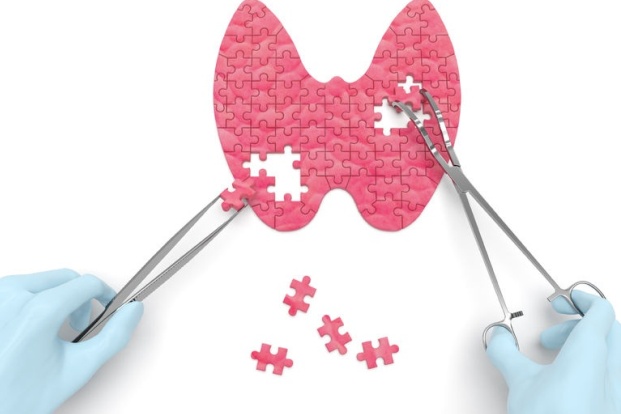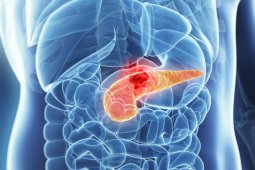Categories
- Bariatric Surgery (11)
- Black Fungus (5)
- Bone Marrow transplant (3)
- Brain Tumor Surgery Navigation Technology (20)
- Cardiac Surgery (66)
- Cardiology (97)
- Computer navigation technology for joint replacements (20)
- Covid Vaccination (17)
- Critical Care (2)
- Dental (19)
- Dermatology (31)
- Dialysis Support Group - “UTSAAH” (11)
- Dietitian (33)
- Emergency Medicine (4)
- Emotional Health (11)
- Endocrinology (33)
- ENT (20)
- Gastroenterology and GI Surgery (53)
- General and Laparoscopic Surgery (21)
- General Surgery (4)
- Gynecology & Obstetrics (183)
- Hematology (20)
- Internal Medicine (294)
- Kidney Transplant (50)
- Kidney Transplantation (20)
- Lung Cancer (8)
- Minimal Invasive Surgery (1)
- Mother & Child (20)
- mucormycosis (5)
- Nephrology (61)
- Neurology (147)
- Neurosurgery (68)
- Nutrition and Dietetics (107)
- Omicron Variant (1)
- Oncology (288)
- Ophthalmology (10)
- Orthopaedics & Joint Replacement (86)
- Paediatrics (59)
- Pediatric Nephrology (3)
- Physiotherapy (5)
- Plastic & Reconstructive Surgery (6)
- Psychiatry and Psychology (90)
- Psychologist (28)
- Pulmonology (72)
- Rheumatology (13)
- Spine Services (21)
- Transradial Angioplasty (16)
- Urology (84)
Query Form
Posted on Apr 19, 2022
Types of Thyroid surgery
There are three types of thyroid surgery:-
- Thyroid lobectomy.
- Total thyroidectomy.
- Completion thyroidectomy

Thyroid lobectomy- Thyroid lobectomy operation involves removing the half of the thyroid gland that has the nodule. It is known as diagnostic lobectomy because the preoperative diagnosis may be uncertain and part of the reason for the operation is to make a diagnosis of cancer or no cancer. Thyroid lobectomy patients may have had a FNA biopsy output that is non-diagnostic, suspicious for malignancy, or shows a follicular or Hurthle cell neoplasm.A diagnostic lobectomy may or may not involved a frozen section. A frozen section is biopsy of the nodule that is taken the during the period of operation while the patient is still under process of anesthesia. The pathologist will investigation one or two slices of the thyroid nodule under the microscope and try to make a investigated . If elaborate cancer is found on the frozen section, then the patient would likely have a total thyroidectomy.
Total thyroidectomy-Total thyroidectomy involves removing all or nearly all of the thyroid gland. It may be done for benign thyroid conditions that affect both thyroid lobes, like as large goiter or Graves’ disease, or it may be done for cancer. A near-total thyroidectomy known that the surgeon suggested to leave a very few amount of benign thyroid tissue behind. Thyroid tissue may be intentionally left behind in surrounding around important structures, like as the nerves that control the voice, swallowing, and breathing, or the parathyroid glands
Completion thyroidectomy-completion thyroidectomy involves removing the rest thyroid tissue after a patient has had a previous partial thyroid resection It may be done years later or it may be done soon after a lobectomy as early as the next week. The reasons for completion thyroidectomy are the similar as for a lobectomy or total thyroidectomy. All patients who undergo a completion thyroidectomy will require to be on till life thyroid hormone replacement after surgery.



